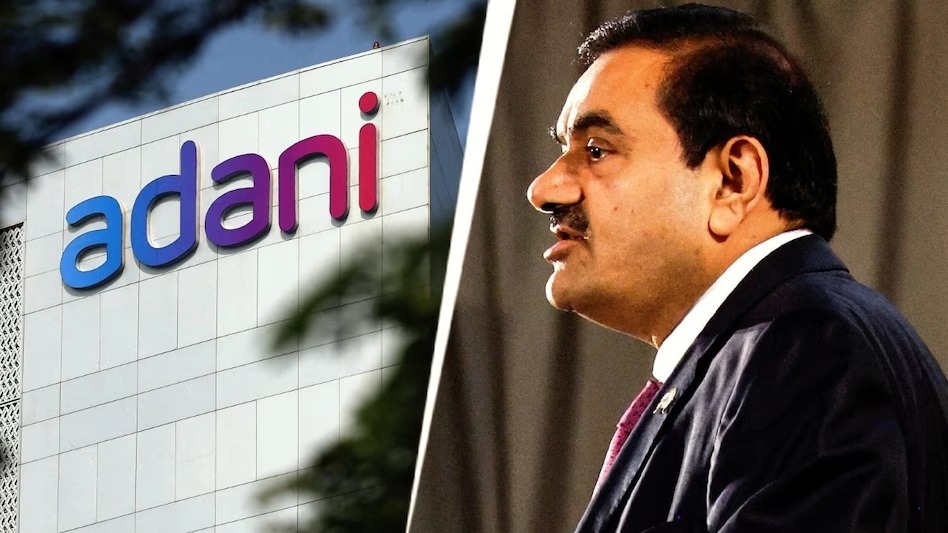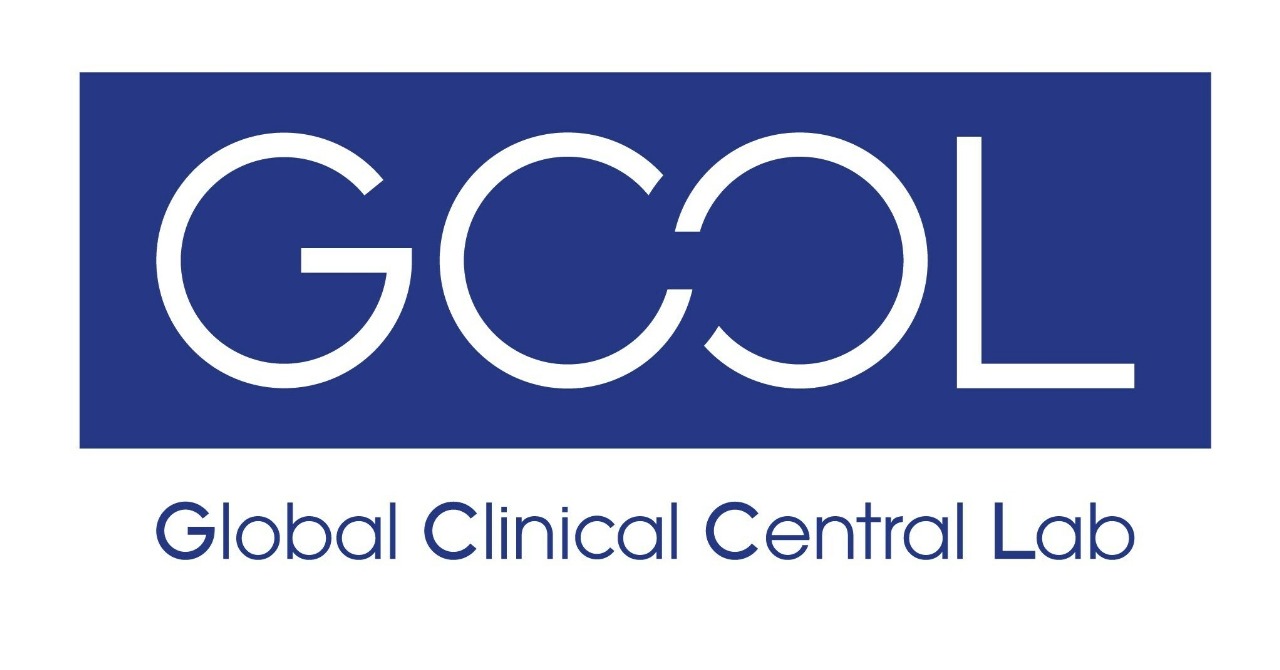
Follow WOWNEWS 24x7 on:

HDFC Bank Limited (HDBK.NS), one of India’s premier private sector banks, experienced a 1.2% decline in its share price on Wednesday’s trading session, reflecting a cautious stance among investors driven by prevailing sectoral headwinds and evolving macroeconomic factors. The drop follows a period of volatility influenced by changing interest rates, credit demand fluctuations, and broader market sentiment impacting banking stocks.
Key Highlights Of HDFC Bank Share Performance
Shares of HDFC Bank declined by 1.2%, trading near ₹964 on the National Stock Exchange, underperforming relative to the benchmark indices.
The stock exhibited moderate intraday volatility amid profit booking and rotational flows favoring other sectors.
Valuation metrics depict a price-to-earnings ratio hovering around 20, a level that positions the bank among the higher-valued peers in the private banking space.
Trading volume showed modest activity reflecting cautious but steady investor interest in the stock.
Recent Financial And Operational Trends
HDFC Bank recently posted healthy quarterly results marked by robust net interest income growth and expanding fee-based revenue. The bank’s domestic loan book grew by 14%, driven by retail and wholesale segments, while asset quality remained stable with a gross non-performing asset (NPA) ratio under 1%. However, net interest margin (NIM) compression was noted due to competitive lending rates and a rising interest rate environment.
The management remains optimistic about credit growth resumption post-monsoon despite near-term uncertainties in discretionary credit segments. Digital channel penetration and cost optimization initiatives continue to fuel operational efficiency.
Sectoral and Macro-Sentiment Influences
The banking sector faced pressure from tightening liquidity conditions, changing monetary policies, and evolving regulatory frameworks. HDFC Bank’s share price movement mirrored the sector-wide cautious sentiment, further influenced by global economic developments, inflation data, and domestic policy outlook.
Investor And Market Perspectives
Market participants acknowledge HDFC Bank’s strong brand presence, extensive branch network, and pioneering digital banking strategy as key strengths. While short-term factors weigh on performance, institutional investors continue to maintain a strategic position anticipating steady earnings growth and resilient balance sheet metrics.
Investment Considerations And Outlook
For long-term investors, HDFC Bank’s fundamental robustness and leadership position in the Indian banking landscape present potential value amidst volatility. Analysts recommend monitoring upcoming macroeconomic data releases, interest rate trajectory, and quarterly corporate lending trends to gauge the recovery pace.
Conclusion: Navigating Market Waves With Confidence In Fundamentals
The 1.2% decline in HDFC Bank shares underlines transient market jitters against a backdrop of evolving economic conditions. However, the bank’s underlying growth, prudent risk management, and strategic initiatives provide a strong foundation for sustained corporate performance. As the sector regains momentum, HDFC Bank is expected to remain a pivotal player driving India’s financial ecosystem growth.
Source: Moneycontrol, Economic Times, NSE India, Investing.com
Stay Ahead – Explore Now! Stake Sale Speculation Denied: KFin Technologies Refutes Report On General Atlantic Divestment



